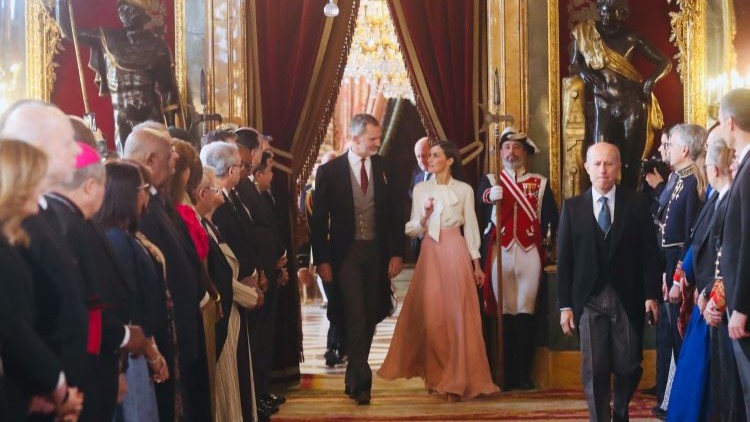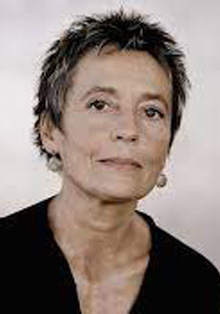The Diplomat
King Felipe VI yesterday defended the “military and humanitarian” support provided by Spain to Ukraine during the traditional annual reception to the Diplomatic Corps accredited in our country, which was not attended by the new ambassador of Russia, Yuri Klimenko, because he had not yet presented his Letters of Credence to the Monarch.
“In one month – on February 24 – it will be one year since the beginning of Russia’s war against Ukraine,” the King recalled during the reception, offered in the Throne Room of the Royal Palace in Madrid on the occasion of the new year and in which he was accompanied by Queen Letizia, the President of the Government, Pedro Sánchez, and the Minister of Foreign Affairs, José Manuel Albares.
“Spain has condemned, and will continue to do so, this flagrant violation of the most fundamental norms and principles of International Law and the United Nations Charter, including those of sovereignty and territorial integrity of States,” he continued. “The reaction of the international community has been firm and forceful” and has demonstrated “also the unity of partners and allies in the EU and NATO,” he recalled.
Likewise, he stressed, “Spain has shown its support to Ukraine from the beginning, both bilaterally and multilaterally, both with the supply of military equipment, as well as of necessary humanitarian material in the face of the indiscriminate Russian attacks on civilian infrastructure.” “It is essential that the international community, of which you are here its high representatives, continue to work for a peaceful international order, in which justice and law prevail, and not the imposition by force of arms or by the threat of their use,” he added.
Apart from this, the King also recalled that “the great challenge” of Spain in 2023 will be the Presidency of the Council of the EU, “a responsibility that our country assumes with determination, with experience and with a strong will to promote the European project”, and warned of the need to “continue to strengthen the role that our country has played within the EU as spokesman for the interests of Latin America and the Caribbean, and the great opportunities offered by an even closer relationship on both sides of the Atlantic Ocean”. Felipe VI also recalled “the ties” between the United States and Spain and stressed that Spain and China are celebrating this year “the 50th anniversary of the establishment of diplomatic relations”.
The Monarch also made reference to the countries of the Maghreb and the African continent, which “are part of our natural neighborhood and the very close ties that unite us in various fields should not be ignored”, and highlighted the beginning of “a new stage with Morocco”. “On February 1 and 2, Spain and Morocco will hold their 12th High-Level Meeting in Rabat,” he said. “This appointment, which had not taken place since 2015, is part of the roadmap agreed in April last year and will allow us to deepen our extensive bilateral relations to work together on more solid foundations,” he added.
The reception, which began with the intervention, as Dean of the Diplomatic Corps, of Monsignor Bernardito Cleopas Auza, the Pope’s nuncio, brought together a total of 214 guests, including 120 ambassadors and spouses and the secretaries general and representatives of the 41 international organizations that have a headquarters in Spain.
Apart from the Russian ambassador, neither the new ambassador of Venezuela, Coromoto Godoy, who presented this past Monday the Style Copies of her Letters of Credence, nor the new ambassador of Nicaragua, Maurizio Carlo Alberto Gelli, who presented his Style Copies in December, attended the event. These three ambassadors have not yet presented their Letters of Credence to the King, and therefore cannot participate, for the time being, in official acts presided over by the head of State.







